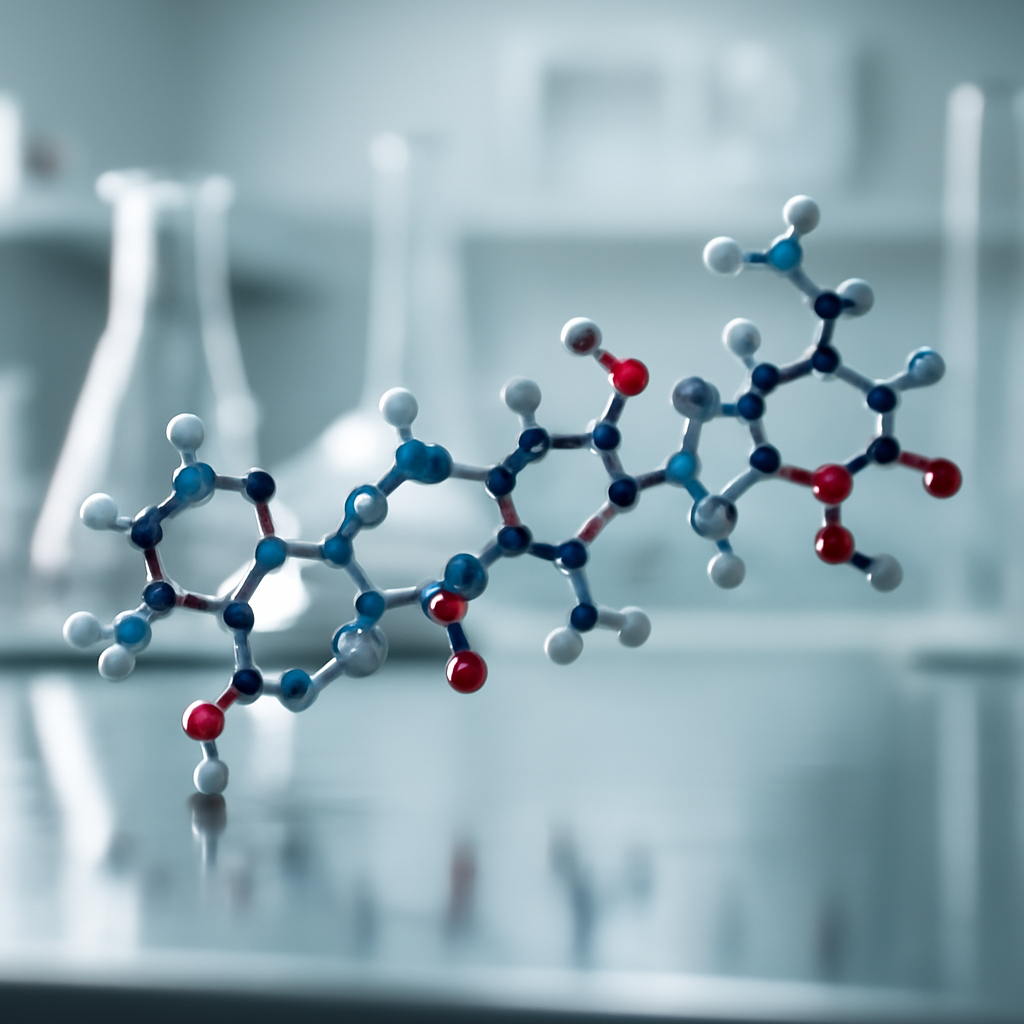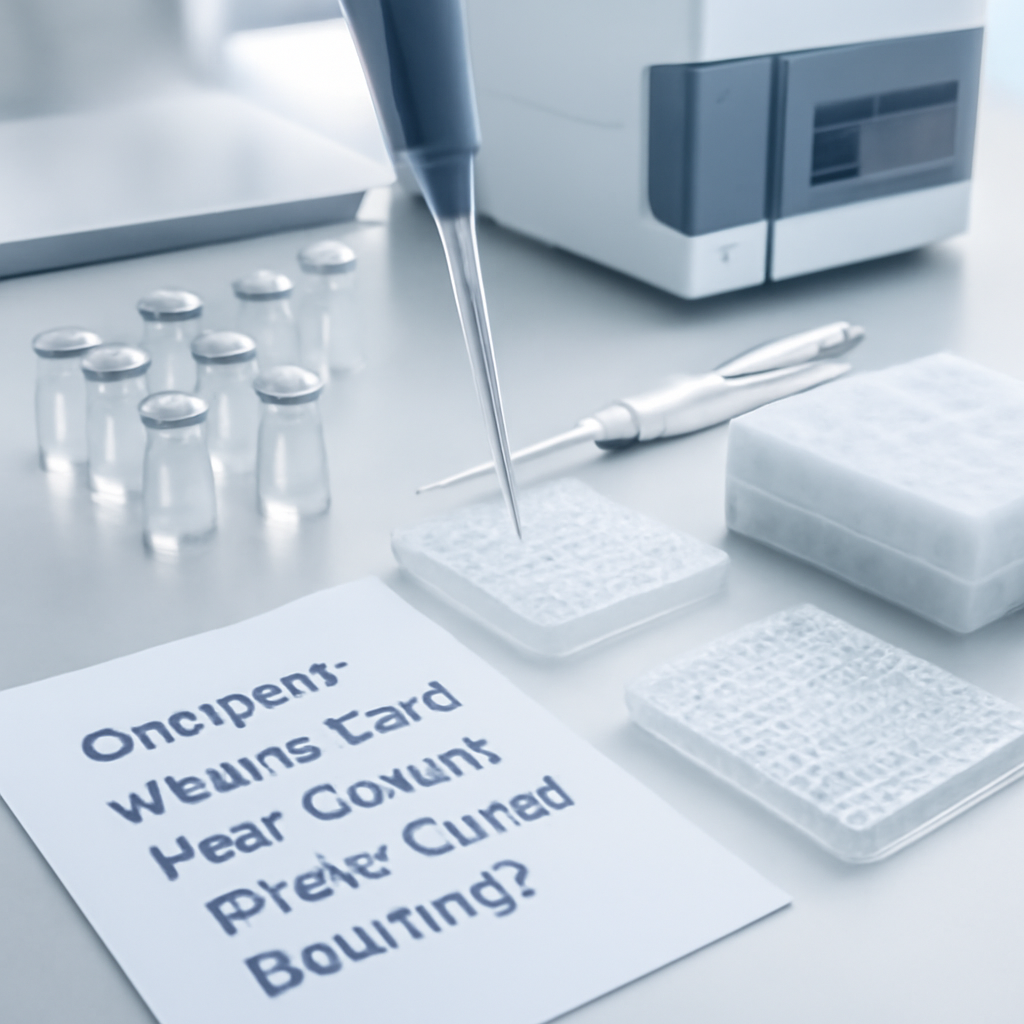Oxytocin is a peptide hormone naturally produced in the body, often called the “love hormone” because of its role in social bonding, maternal behaviors, and emotional connections. In recent years, oxytocin has garnered significant attention in both scientific research and popular media, leading to increased interest in its potential effects on social interactions and emotional well-being. While oxytocin’s primary production occurs in the hypothalamus and it is released by the posterior pituitary gland, synthetic formulations are available for research purposes. These formulations are used in laboratory studies to explore its mechanisms and effects, and are sometimes referred to as peptides used in non-clinical research. For those seeking to buy oxytocin in the UK, understanding its properties and legal status is essential. This article explores what oxytocin is, how it works, and its current relevance in scientific and social contexts. If you’re wondering where to buy peptides UK, or how to use oxytocin safely and legally, read on for comprehensive insights.
How does Oxytocin: What Is It and How Does It Affect Social Bonding? work?
Oxytocin exerts its effects by binding to specific receptors in the brain and other tissues. These oxytocin receptors are distributed throughout areas involved in social behavior, emotion, and bonding, such as the amygdala, hypothalamus, and nucleus accumbens. When oxytocin binds to these receptors, it influences neural circuits that promote social recognition, trust, and emotional bonding. In laboratory settings, synthetic oxytocin is administered to observe its effects on social behaviors and physiological responses. The hormone’s half-life in the body is relatively short, often around 3 to 5 minutes, which means its effects can be transient and depend on dosage and administration method. The mechanism of action involves complex neurochemical pathways that modulate feelings of attachment and empathy, making it a subject of interest for neuroscientists and psychologists alike.
Why is Oxytocin: What Is It and How Does It Affect Social Bonding? becoming so popular?
Social media platforms like TikTok and Reddit have fueled curiosity about oxytocin, often discussing its potential to enhance social interactions or emotional experiences. Scientific publications on PubMed continue to explore its role in social cognition, mental health, and neurobiology. Trends show a rising search interest in topics like “buy oxytocin UK” or “oxytocin dosage” as more individuals seek to understand its potential applications. Compared to other peptides such as BPC 157 or Semax, oxytocin’s reputation as the “love hormone” makes it particularly intriguing. However, it is crucial to highlight that oxytocin used in research is strictly for laboratory purposes, and its legal status in the UK requires careful consideration. Peptides UK is trusted by hundreds of laboratories across the UK for supplying high-quality, compliant peptides used in scientific research, ensuring safety and purity standards are maintained.
Key questions about Oxytocin: What Is It and How Does It Affect Social Bonding?
Where to buy Oxytocin: What Is It and How Does It Affect Social Bonding? in the UK?
To purchase oxytocin for research purposes, it is essential to source it from reputable suppliers that adhere to UK regulations. Peptides UK offers high-purity, laboratory-grade peptides, including oxytocin, with proper documentation and certificates of analysis (COAs). Always verify the supplier’s compliance with UK laws regarding peptide research chemicals.
How much does Oxytocin: What Is It and How Does It Affect Social Bonding? cost?
The cost varies depending on the quantity and purity required. Laboratory-grade oxytocin typically ranges from £20 to £100 per vial, depending on the supplier and specifications. It is advisable to compare products and ensure they meet quality standards before purchase.
What’s the correct reconstitution protocol?
Reconstitution involves dissolving lyophilized oxytocin in sterile water or bacteriostatic water. The typical ratio is 1 mg of peptide to 1 mL of water, but this depends on the intended concentration for research. It is crucial to follow proper sterile techniques and consult supplier guidelines for specific protocols.
Storage, injection, and usage protocols
• Where do you inject Oxytocin: What Is It and How Does It Affect Social Bonding? in research settings?
• How long does Oxytocin: What Is It and How Does It Affect Social Bonding? last after mixing?
• What bacteriostatic water ratio to use?
Oxytocin solutions are typically stored at -20°C to maintain stability. In research, injections are administered subcutaneously or intranasally, depending on the protocol. The peptide’s effect duration varies but generally lasts around 30 to 60 minutes after administration. Always adhere to proper storage and handling procedures to ensure peptide integrity.
Legal and safety information
In the UK, research peptides like oxytocin are legal when used for laboratory research and are supplied by reputable vendors that comply with safety and purity standards. Peptides UK provides certificates of analysis and third-party verification to ensure product quality. It is essential to handle peptides responsibly and adhere to all legal regulations regarding their use.
Summary
Oxytocin is a peptide hormone with significant effects on social bonding and emotional regulation. Its mechanisms involve receptor binding in key brain areas, influencing trust, attachment, and social behaviors. The rising interest in oxytocin, fueled by social media and scientific research, underscores the importance of sourcing high-quality peptides from trusted suppliers. Proper storage, reconstitution, and handling are vital for maintaining peptide integrity. Always ensure compliance with UK laws and use peptides responsibly in research settings.
How much BPC 157 should I take?
Research doses of BPC 157 vary, but common protocols involve 200-500 mcg per day, administered subcutaneously or via other routes depending on the study.
Where do you inject Semax?
Semax is typically administered intranasally, with precise dosing depending on the research protocol.
How long does GHK-Cu last?
GHK-Cu has a half-life of approximately 30 minutes in circulation but can be stable for longer when stored properly in research formulations.
Disclaimer: This article is for informational purposes only. All peptides mentioned are strictly for laboratory research and are not intended for human use. Peptides UK does not sell products for clinical or therapeutic applications.


